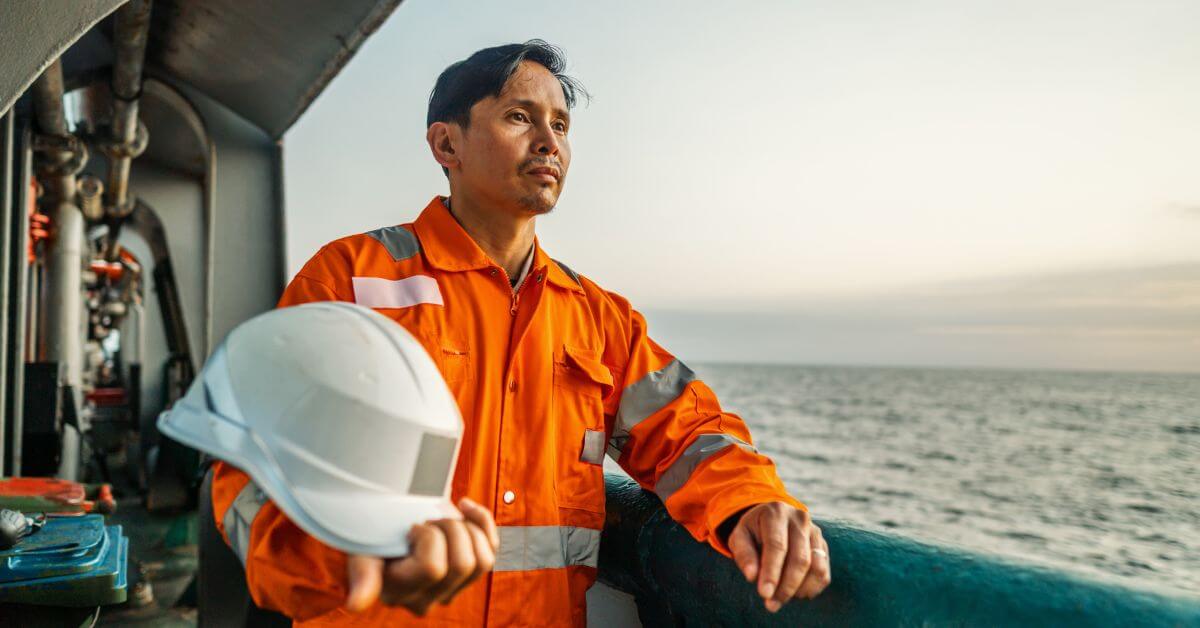
Divers Identify WWI Royal Navy Ship HMS Bayano After 110 Years Underwater
November 6, 2025
Cargo Ship Hits Several Moored Boats After Engine Failure at Cowes Harbour
November 6, 2025

A new study by the ITF Seafarers’ Trust has confirmed that seafarers’ access to shore leave has continued to decline since the COVID-19 pandemic, with many barely managing to step ashore for even two hours.
The report, titled “Shore Leave and the Future of Port-Based Welfare,” gathered responses from 96 people representing 83 organisations that run welfare services for seafarers in 25 countries. It found a 61% drop in the number of seafarers spending time ashore in welfare centres compared to before the pandemic. Nearly 68% of respondents said that most visiting seafarers stay for less than two hours.
The findings support an earlier study, “Shore Leave: Rare, Brief and in Danger of Extinction,” published with the World Maritime University. Both reports show that increasing workload on board and limited port time are the main reasons seafarers cannot take shore leave.
Welfare workers also said that rules set by ports and shipping companies have made the situation worse. Many said that for a large number of crew members, taking shore leave has become “virtually impossible.”
The study highlighted the important role of seafarers’ centres and port welfare organisations, which help crew members relax, connect with others, and access support while away from home. But with fewer crew visiting, many centres are struggling to stay open.
The ITF Seafarers’ Trust warned that this could create a “vicious circle,” fewer visits could force centres to close, and the loss of these services would make shore leave even harder.
Katie Higginbottom, Head of the ITF Seafarers’ Trust, said that while the maritime industry often talks about crew welfare, that commitment is not reflected in daily practice. She pointed out that under the Maritime Labour Convention (MLC), seafarers must be granted shore leave for their health and well-being. However, she said that commercial and operational pressures are making this rule meaningless unless action is taken by regulators and the shipping industry.
The report urges regulators, shipowners, and welfare funders to take coordinated action. It recommends that regulators review work and rest requirements to ensure crew have enough time for proper rest and shore leave.
Shipping companies are called upon to uphold humane working conditions and promote crew welfare as part of safe operations. Funders, including the ITF Seafarers’ Trust, are encouraged to support flexible and sustainable port-based welfare services and explore new ways to reach seafarers within port areas.
Dr Jason Zuidema, General Secretary of the International Christian Maritime Association (ICMA), said that seafarers’ welfare is a shared responsibility. He added that welfare providers, regulators, and industry leaders must work together to make shore leave a normal part of seafaring life again, not a rare exception.
Higginbottom is expected to share the study’s findings at Crew Connect in Manila on 11 November, where maritime leaders will discuss the future of crew welfare and access to shore leave.
Reference: seafarerstrust
Source: Maritime Shipping News


